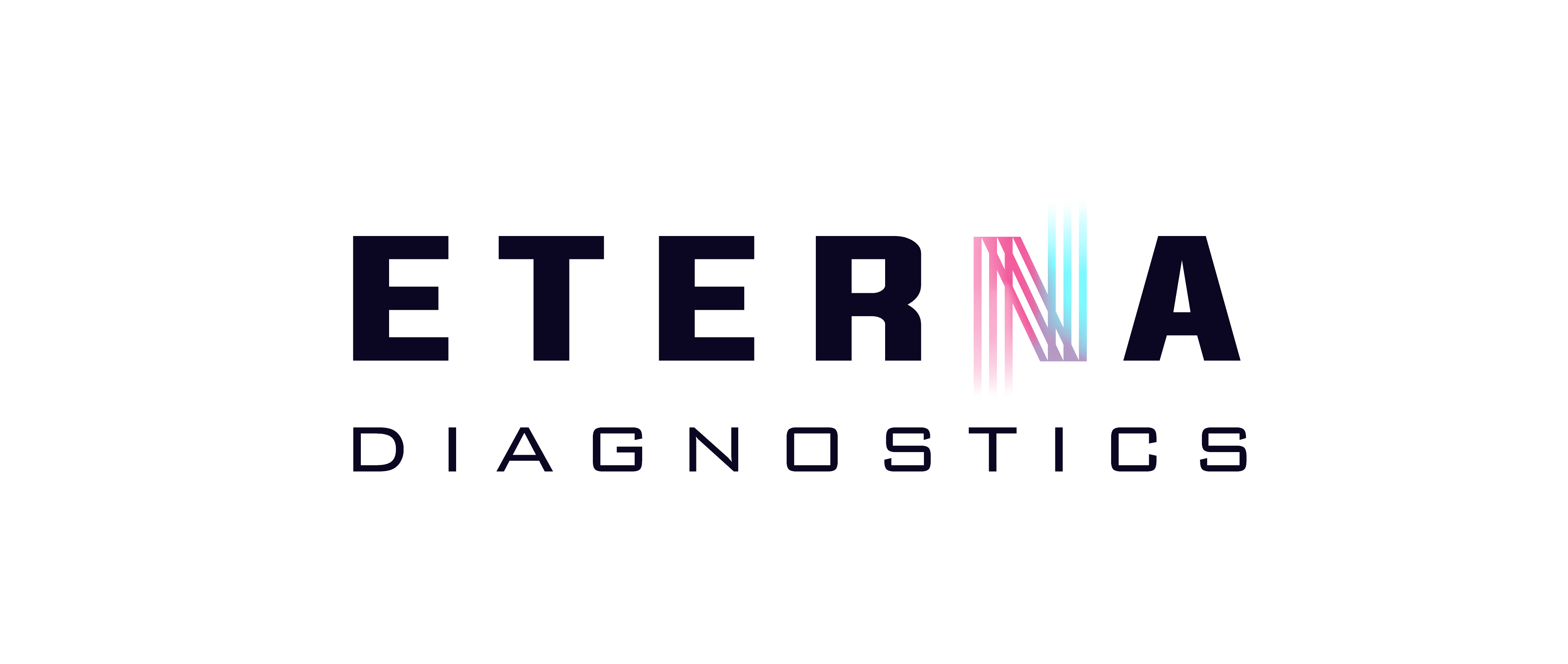Understanding the Impact of Biological Age on Health
In the pursuit of longevity and optimal health, the concept of biological age has emerged as a crucial metric, offering insights beyond mere years lived. Biological aging provides a nuanced view of an individual’s health status, disease risk, and overall vitality, making it invaluable in personal health assessments. This article explores the profound implications of biological age on health and longevity, emphasizing its relevance over chronological age.
Biological vs. Chronological Aging
While chronological age is measured in years, biological age reflects how rapidly the body is aging at a cellular and molecular level. Genetics, lifestyle choices, and environmental exposures all contribute to biological age, which can significantly differ from one’s chronological age. This discrepancy underscores the potential for individuals to influence their aging process and, consequently, their health and lifespan.
Implications for Health and Disease Risk
Predictive Power: Biological age serves as a powerful predictor of morbidity and mortality, surpassing chronological age in forecasting age-related diseases. It can indicate the early presence of conditions such as heart disease, diabetes, and dementia before clinical symptoms appear.
Healthspan vs. Lifespan: A younger biological age often correlates with an extended healthspan—the duration of life spent in good health. By focusing on reducing biological age, individuals can aim not just for a longer life but for more years free from disease and disability.
Personalized Health Interventions: Understanding one’s biological age can guide personalized health strategies, enabling targeted interventions addressing specific aging mechanisms. This personalized approach can optimize health outcomes and prevent or delay age-related conditions.
The Role of Lifestyle in Shaping Biological Aging
Lifestyle factors play a pivotal role in influencing biological age, offering avenues for intervention and improvement:
Nutrition: A diet rich in whole foods, antioxidants, and anti-inflammatory compounds can slow the aging process, positively affecting biological age.
Physical Activity: Regular exercise decelerates biological aging, enhancing cellular health and function.
Stress Management: Chronic stress accelerates cellular aging. Techniques like mindfulness and meditation can contribute to a younger biological age by reducing stress.
Sleep Quality: Adequate, restorative sleep is essential for cellular repair and regeneration, impacting biological age.
Longevity and the Future of Aging
As research on biological aging progresses, the potential to extend healthspan and influence longevity increases. Innovations in biotechnology and personalized medicine hold promise for interventions targeting aging mechanisms, potentially allowing individuals to not only live longer but also enjoy more years in good health.
Conclusion
Biological age offers profound insight into an individual’s health, encapsulating the cumulative effects of genetics, lifestyle, and environment. By understanding and addressing factors influencing biological age, we can take proactive steps toward healthier, more vibrant lives, irrespective of chronological age. In this way, biological age becomes not just a metric of aging but a guide toward a future where longevity and vitality are intertwined.



Leave a Reply